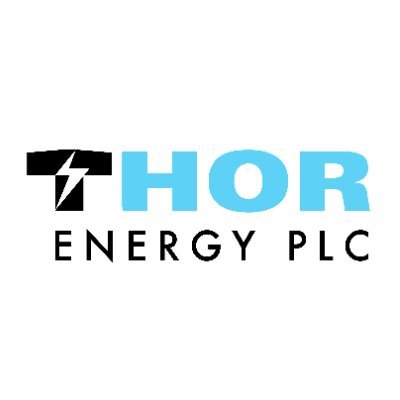The discovery of naturally occurring hydrogen in commercial quantities is shifting the landscape of global energy investment. What was once considered a rare geological occurrence is now understood to be more widespread than previously believed. Natural hydrogen, also referred to as white or gold hydrogen, forms through natural processes in the Earth’s crust, such as water-rock reactions and the radiolysis of water by natural radioactive decay. These processes continuously generate hydrogen, meaning it could be a renewable and practically inexhaustible energy source.
Multiple regions worldwide have become focal points of early-stage exploration. Companies are drilling exploratory wells in areas with favourable geology, and many of these efforts are already yielding positive results. One discovery in Europe identified an underground deposit estimated to contain hundreds of millions of tonnes of hydrogen, enough to supply global demand for several years. These findings are not isolated, and the consistency of results across continents suggests there is considerable untapped potential.
Natural hydrogen’s strongest appeal lies in its environmental and economic advantages. Unlike green hydrogen, which requires substantial electricity to produce through electrolysis, natural hydrogen is extracted directly from the ground, resulting in significantly lower production costs and a minimal carbon footprint. There is no need for carbon capture and storage, as with blue hydrogen derived from methane, and the process avoids the high energy inputs of synthetic methods.
The development of this sector has drawn serious attention from investors and energy innovators alike. Emerging companies focused exclusively on natural hydrogen exploration are receiving major funding rounds, some backed by leading figures in the clean energy space. This early capital is being used to refine exploration models, develop scalable extraction techniques, and secure leases on promising geological formations. With investment accelerating, the timeline for commercialisation is shortening.
Governments are also beginning to assess the strategic implications of natural hydrogen. Early-stage regulation and national resource surveys are underway, and in some cases, countries are incorporating natural hydrogen into their broader clean energy planning. While regulation is still in its infancy, the momentum suggests a coming wave of structured development and supportive policy frameworks.
Despite the excitement, technical challenges remain. Extracting hydrogen at scale and maintaining flow over long periods requires a deep understanding of the geology and innovative engineering solutions. But as more is learned about subsurface hydrogen systems and how to tap them efficiently, the feasibility of commercial-scale production continues to strengthen.
Natural hydrogen could become a key pillar in the global energy transition. Its geological abundance, low-carbon profile, and favourable economics make it one of the most compelling alternative energy sources currently under development. As exploration deepens and early-stage projects advance, the sector could move from speculative frontier to mainstream asset class at remarkable speed.
Thor Energy PLC (LON:THR) is a leading exploration company focused on natural hydrogen and helium, with a significant footprint in the highly prospective South Australian region.








































